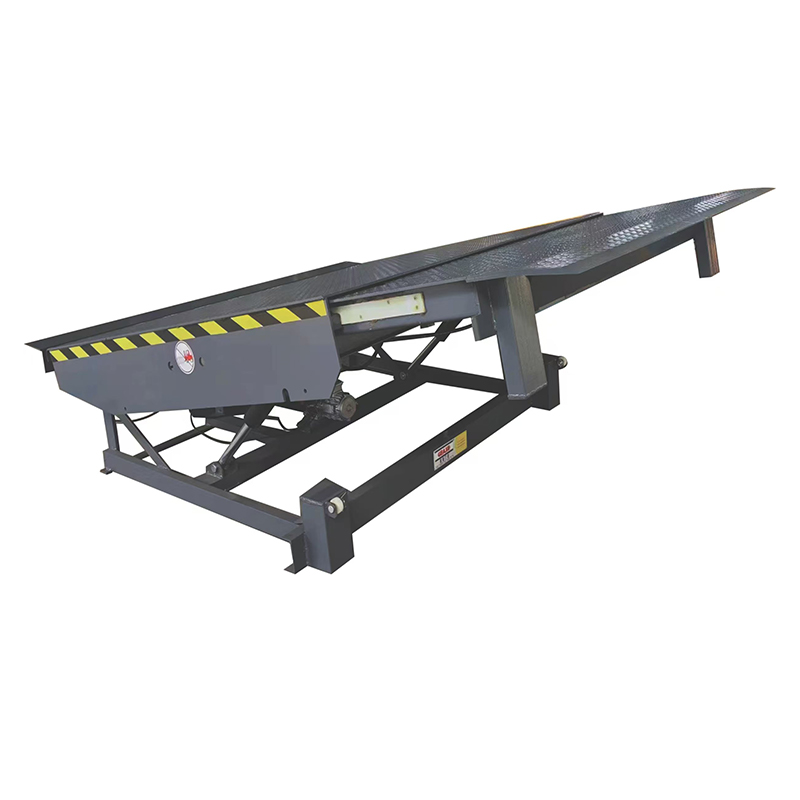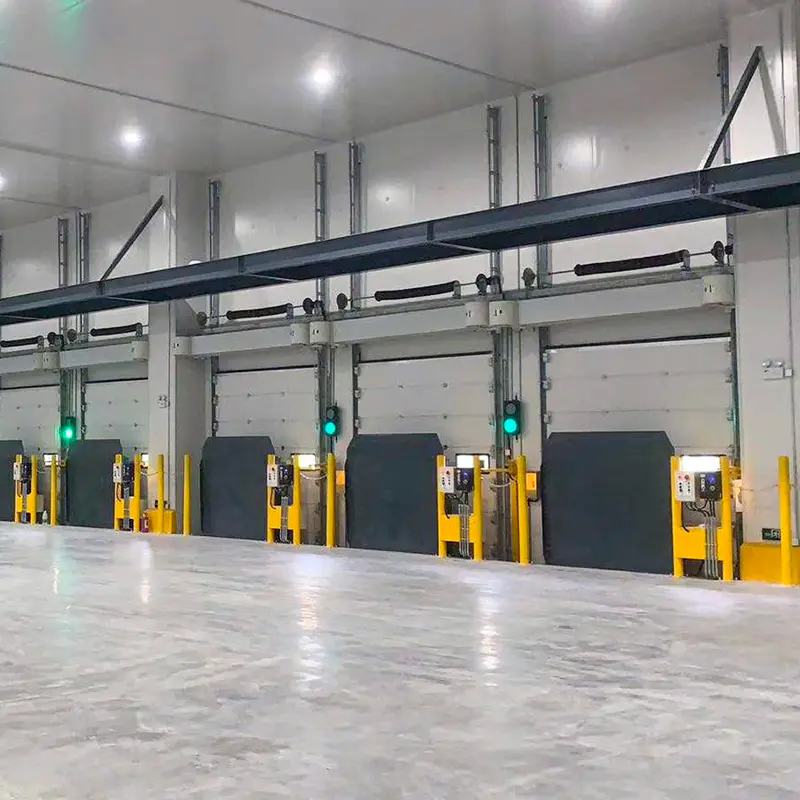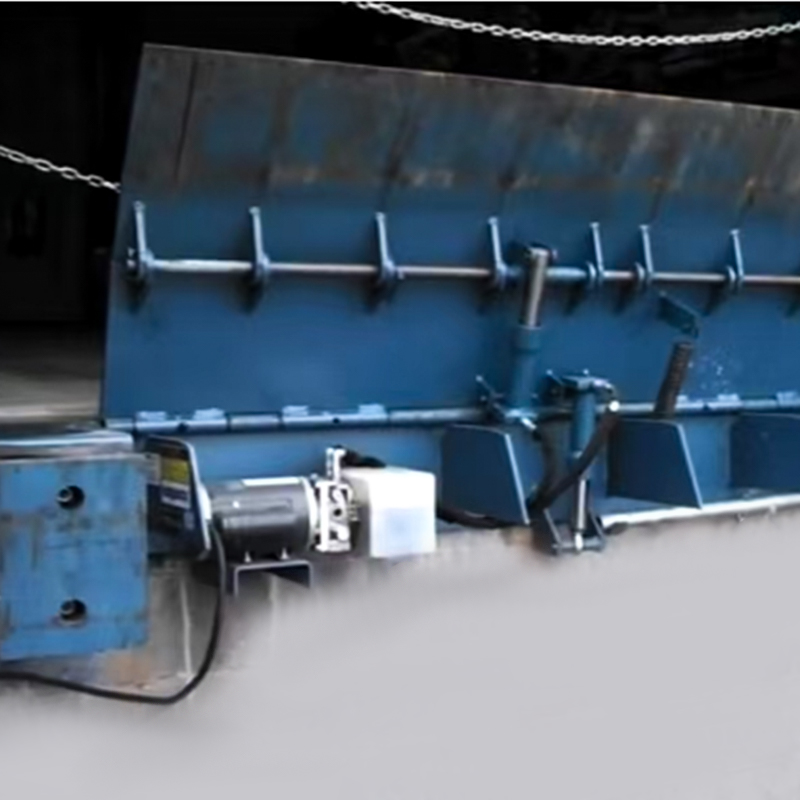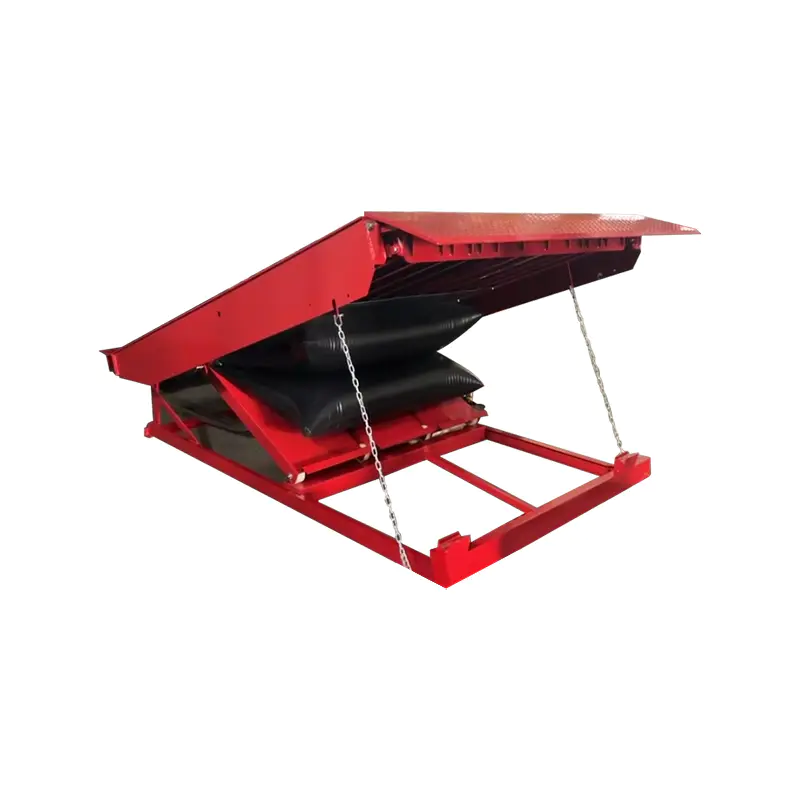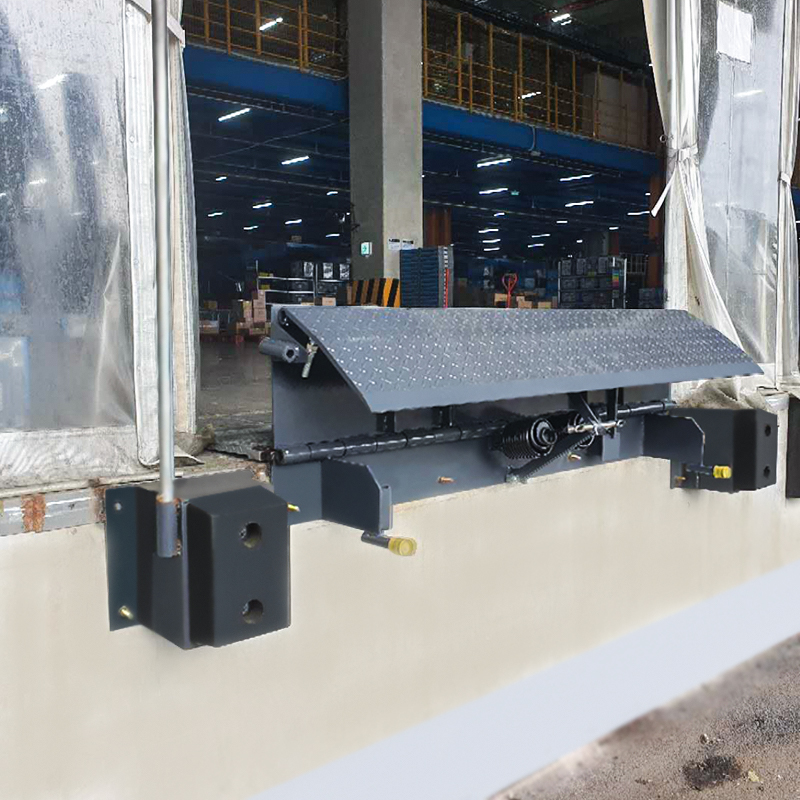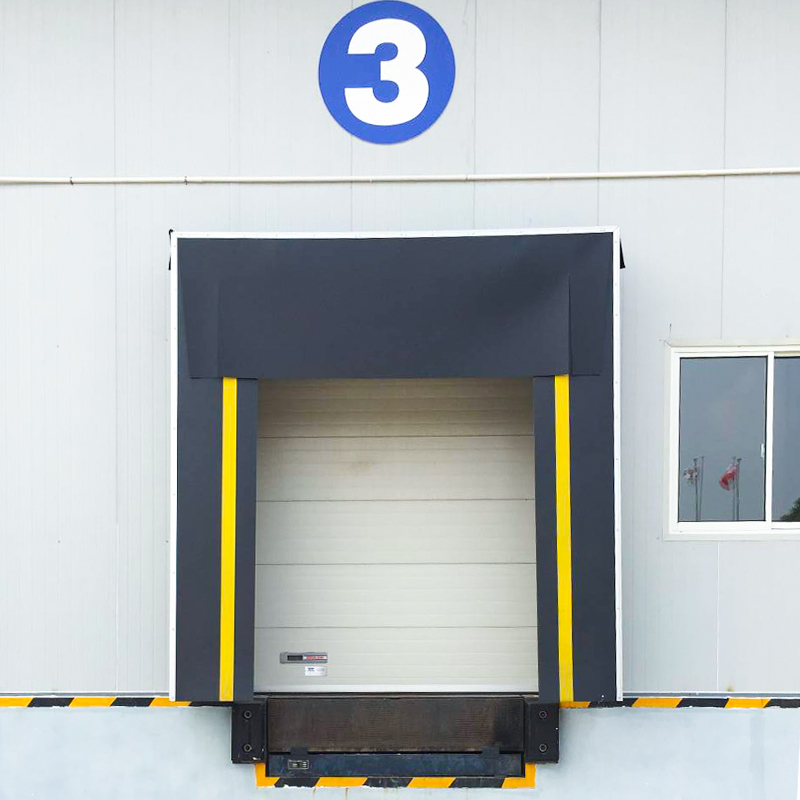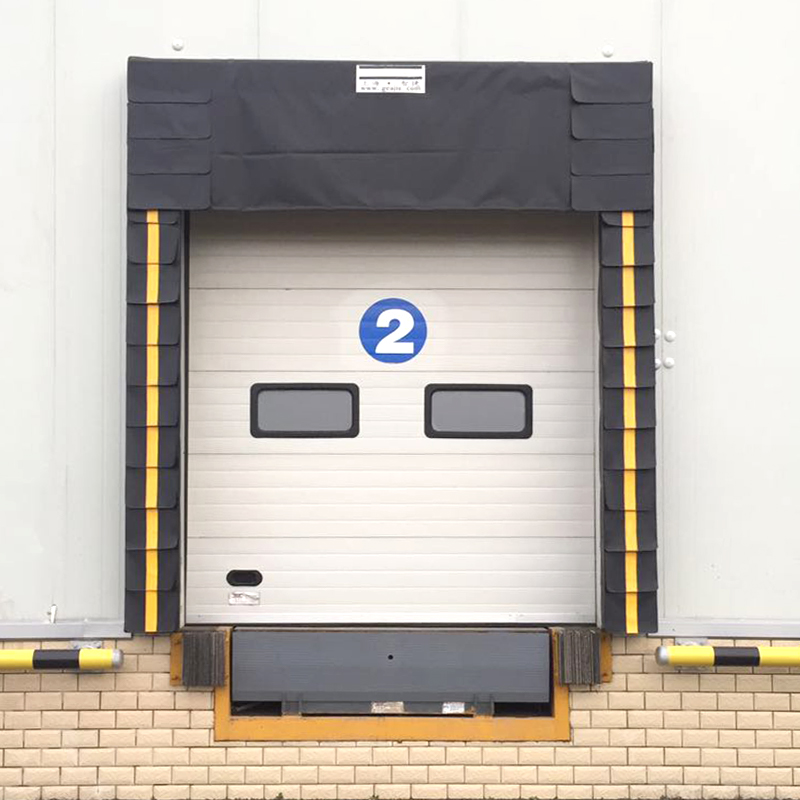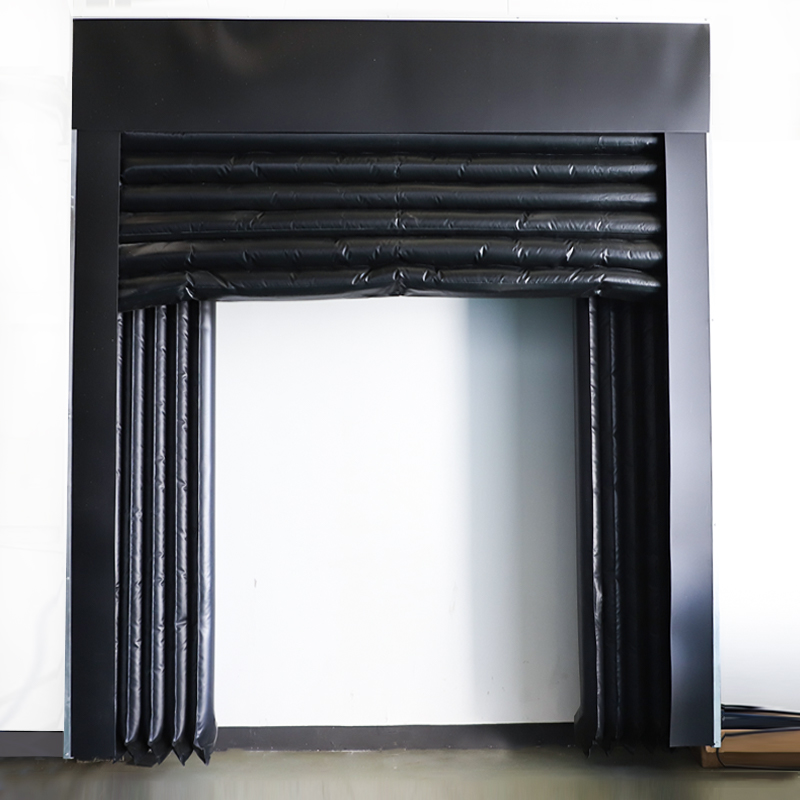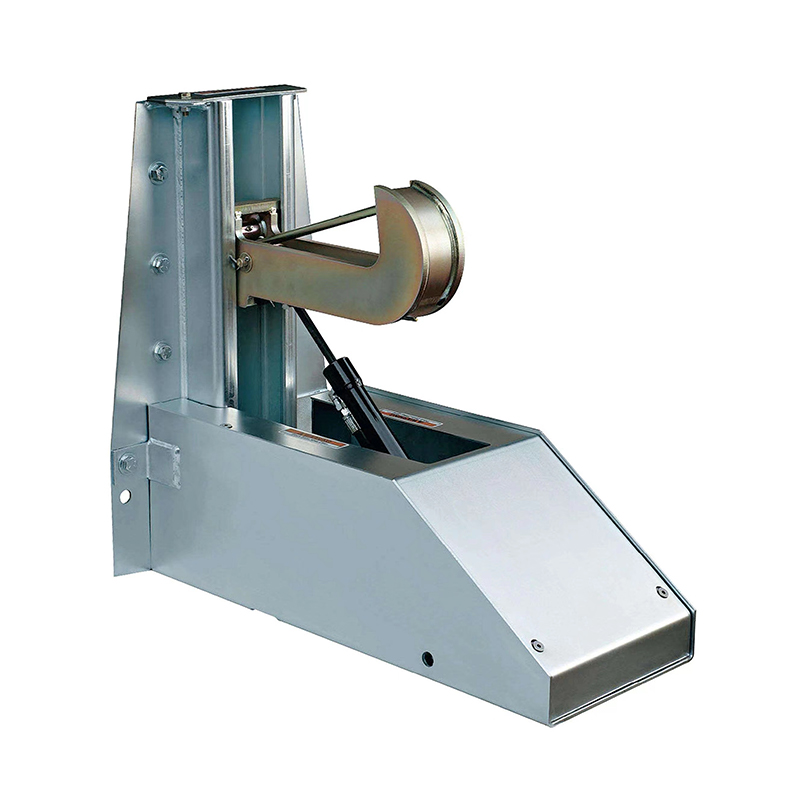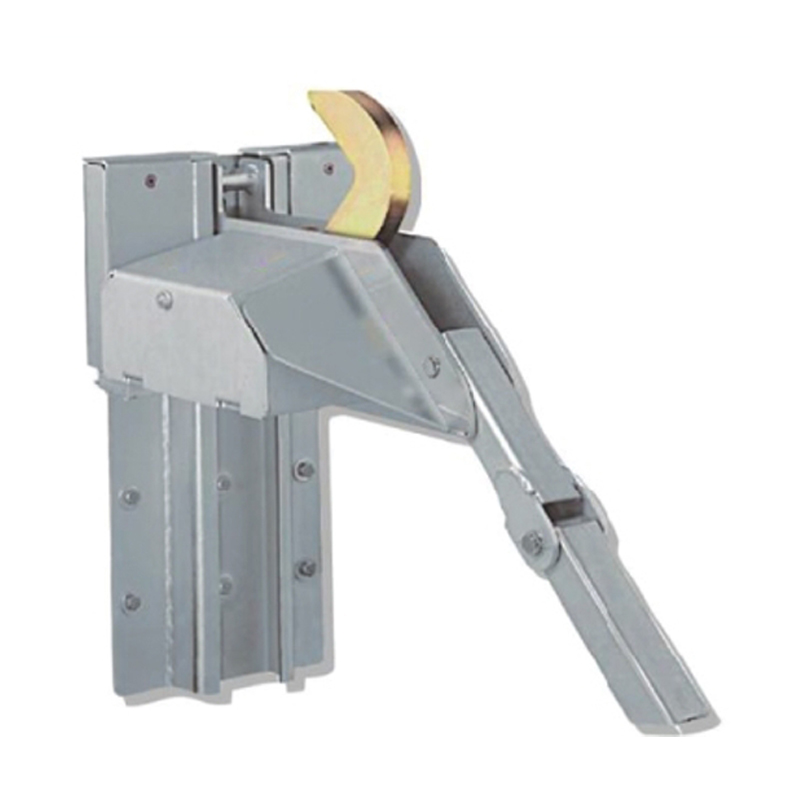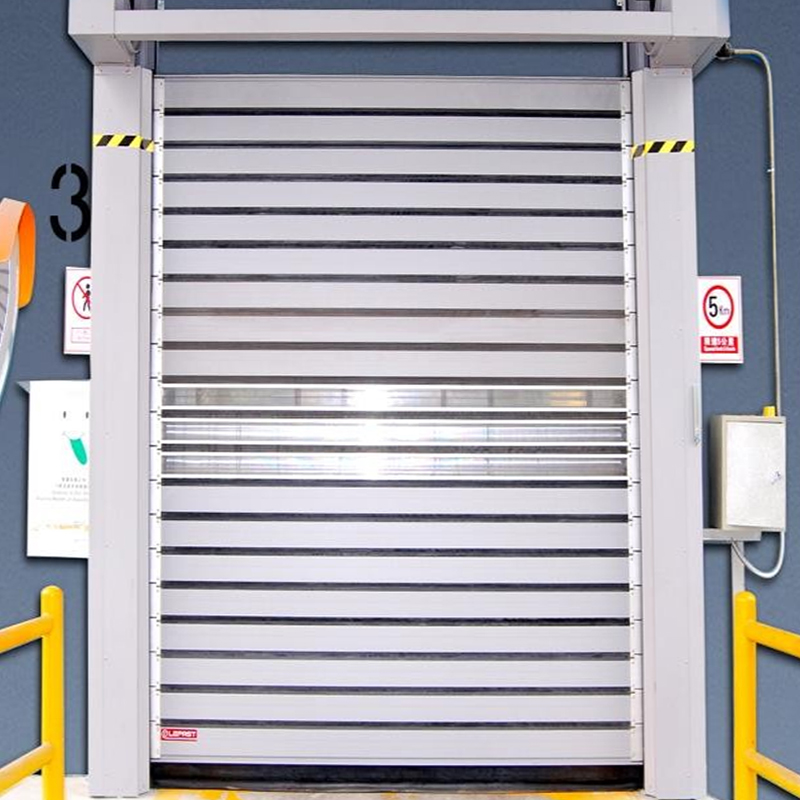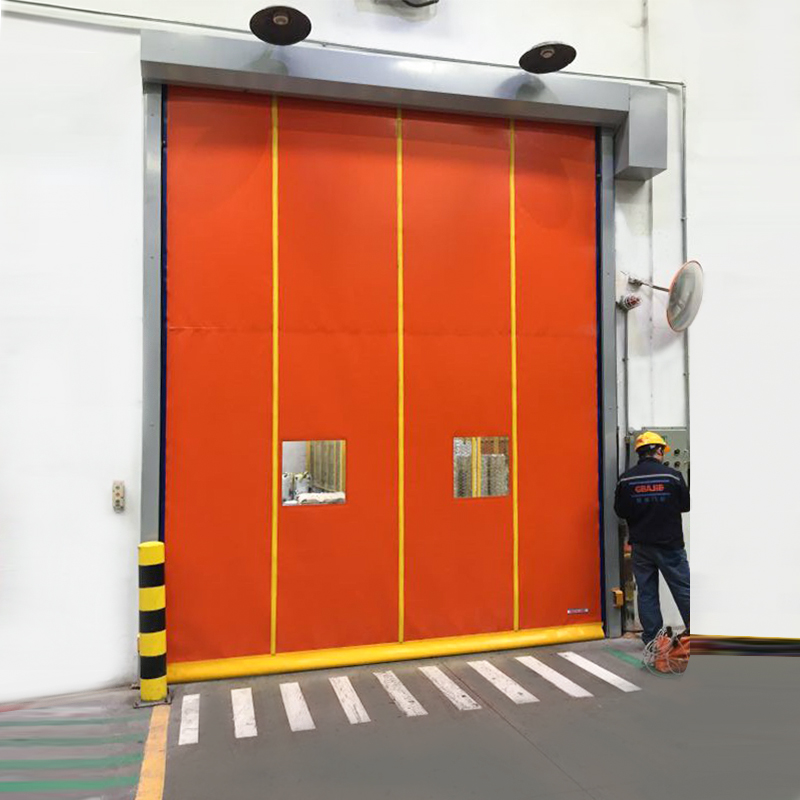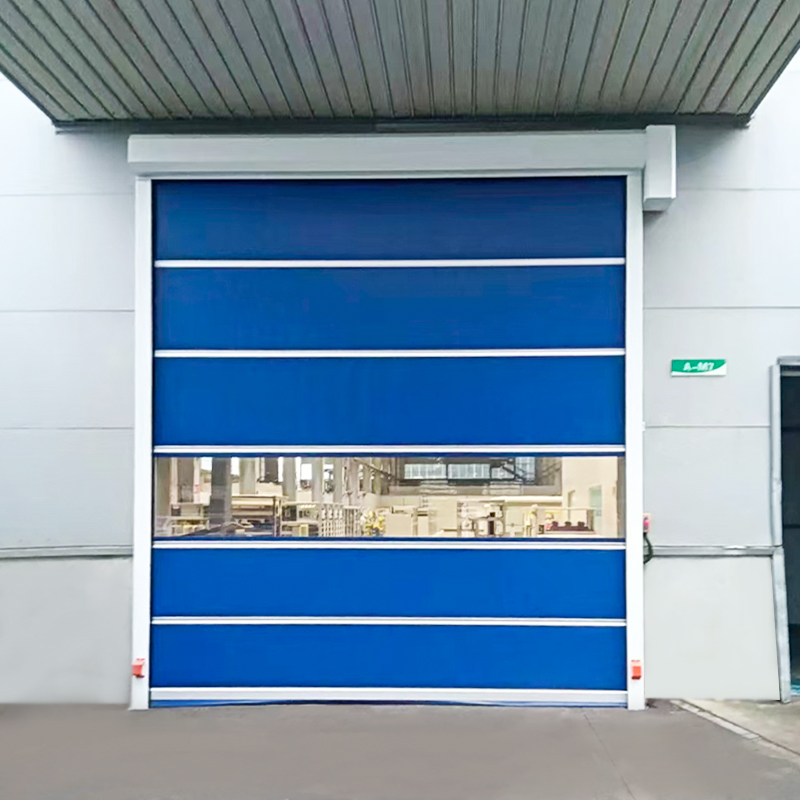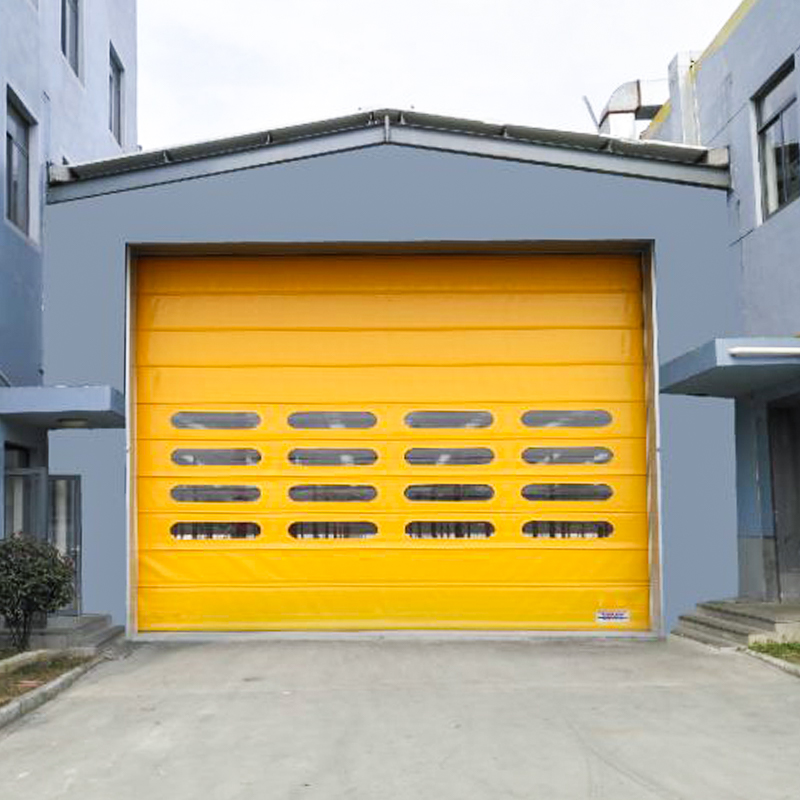1. Flexible Curtain and Collision Absorption The Anti-Crash Replay Industrial Fast Door is designed ...
1. Reduction in Impact Stress on Forklift Systems
Forklifts are essential tools in loading and unloading processes, but they can experience impact stress when transitioning between uneven surfaces, especially when moving between a loading dock and a truck bed. Dock Levelers mitigate these risks by ensuring that forklifts operate on a smooth and level surface, reducing the stress on critical components such as wheels, suspension systems, and hydraulic lifting mechanisms.
-
Smooth Transition for Forklifts: The key advantage of dock levelers is their ability to provide a level platform between the dock and the truck bed. Without a dock leveler, forklifts must adjust for height discrepancies between the two surfaces, often requiring unnecessary maneuvers such as tilting the forks or adjusting the vehicle's position multiple times. These adjustments can cause shock loading on the forklift’s components. Dock levelers eliminate this problem by automatically or manually adjusting to a level surface, allowing forklifts to move between the two surfaces without excessive strain on their structural components.
-
Reduced Stress on Hydraulic Systems: Forklifts and other material handling equipment rely on hydraulic systems to raise and lower their forks. If forklifts are required to navigate uneven surfaces, the hydraulic system must exert additional force to compensate for the imbalance, leading to faster wear on the hydraulic pumps, cylinders, and hoses. Dock levelers help to eliminate this additional strain, extending the lifespan of hydraulic components and reducing the frequency of hydraulic system maintenance.
2. Prevention of Abrasive Wear and Tear
Forklifts frequently operate on rough and uneven surfaces, especially when navigating loading docks that have significant height variations. The constant friction from these surfaces leads to abrasive wear on critical components such as tires, wheels, axles, and even the forklift’s body itself. Industrial Dock Levelers can help prevent this by providing a consistent and smooth platform that minimizes friction.
-
Reduced Tire and Wheel Wear: Tires are one of the most vulnerable components on forklifts. Uneven, rough surfaces force forklifts to constantly adjust their steering and wheel positioning, leading to uneven tire wear. The smooth platform provided by a dock leveler minimizes this friction, allowing forklifts to operate with minimal side-to-side movement or sliding, which helps extend the life of tires and reduces the frequency with which they need to be replaced.
-
Minimized Abrasive Impact on Forklift Components: In addition to tires, other components like forklift axles, suspension systems, and brakes can experience accelerated wear due to frequent jolts and impacts from navigating uneven loading docks. The level platform created by a dock leveler allows for a more predictable and controlled path for the forklift to follow, reducing the wear on these components. The even distribution of weight and reduced friction help ensure the forklift operates more smoothly, lowering the chance of component fatigue.
3. Lower Risk of Forklift Tip-Overs
Tip-overs are one of the most dangerous risks when loading or unloading goods, especially if the truck bed and the loading dock are at different heights. Uneven or misaligned surfaces increase the likelihood of forklift instability, leading to tipping, accidents, or damage to both equipment and goods.
-
Ensuring a Stable Surface: By providing a level platform, dock levelers help prevent the forklift from becoming unstable when loading or unloading goods. This is especially crucial when forklifts are lifting heavy or bulky items, as an unstable base could cause them to tip over. The stable platform provided by a dock leveler keeps the forklift in an optimal position, which is crucial for maintaining balance and stability while carrying loads.
-
Improved Load Distribution: A dock leveler also ensures that the forklift maintains an even load distribution when lifting or lowering items from the truck bed to the dock. Without a dock leveler, the forklift may be forced to make abrupt or uneven movements when handling the load, which can increase the risk of tip-overs. With a properly leveled platform, the forklift can lift or lower the load with better control, reducing the likelihood of tipping and minimizing the potential for damage to both the truck and goods.
4. Reduction in Excessive Engine and Hydraulic System Strain
Forklifts are powered by engines and hydraulic systems that are tasked with lifting and moving goods. Navigating uneven surfaces or overcoming height discrepancies between the truck bed and loading dock can put a significant strain on these systems. When forklifts must use additional force to compensate for these imbalances, the wear and tear on engines and hydraulic systems accelerates.
-
Lowering Engine Load: Uneven surfaces force forklifts to exert more power to navigate, which increases engine strain. A dock leveler creates a stable and level transition, reducing the amount of energy needed to lift, lower, or move goods, and minimizing engine load. This leads to fuel efficiency, reduced engine wear, and less frequent servicing.
-
Reduced Hydraulic Wear: When forklifts are used to lift heavy loads from an uneven dock, the hydraulic systems must engage more frequently to account for the instability. Hydraulic components like pumps, cylinders, and hoses are particularly vulnerable to excessive wear when working harder than necessary. A dock leveler ensures the forklift operates on a consistent, level surface, lowering the hydraulic system’s workload and extending its service life.
5. Less Frequent Maintenance and Repair
One of the most significant advantages of Industrial Dock Levelers is their ability to reduce the frequency of maintenance and repair for forklifts and material handling equipment. The less stress placed on the forklift when operating on level surfaces translates into fewer repairs and extended equipment longevity.
-
Lower Repair Frequency: Operating forklifts on rough or uneven surfaces increases the chances of wearing out critical components more quickly, resulting in frequent repairs and replacements. Dock levelers reduce the chances of components like wheels, axles, suspension systems, and hydraulics wearing out prematurely, resulting in lower repair and replacement costs.
-
Minimizing Downtime: Every time a forklift breaks down, it leads to downtime, which can disrupt workflow and slow down operations. By reducing wear on key components, dock levelers help keep forklifts in service for longer, which enhances productivity and reduces downtime related to maintenance.

 English
English Español
Español Tiếng Việt
Tiếng Việt

